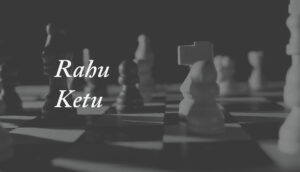This is of course Satprem’s version. He could have sent a letter to the Mother asking for Her audience or simply waited to see if the Mother noticing his absence would ask those taking care of Her to call in Satprem! Neither of this happened which itself tells its own story.
As per Pranab da, Satprem would make her talk while She was having difficulties speaking. It is quite likely true. If one reads the Agenda carefully one would see that after a point, especially towards the end of 1972, once She had the revelation of Her New Body and Sri Aurobindo’s centenary was over, She seems less and less inclined to speak. Satprem does seem to be more interested in documentation (which of course gave him lot of importance) than in Her comfort. In one of his interviews Pranab da answered this.
Of course Satprem does engage a lot in self projection. as is evident in mention of his name alongside the Mother in the beginning of each volume. The Agenda became for him the road to fame. Pranab da saw in him the tendency to dramatise and the arrogance of the Western intellect whereas Satprem saw in Pranab da someone who didn’t understand the physical transformation (though the Mother herself says that Pranab has been Her chosen instrument for the physical transformation) and coming in the way of his growing closeness with the Mother. Whatever it be there does seem to be in the Agenda a tendency in Satprem to denounce the disciples as if they meant nothing and he was the sole guardian who inherited the Mother’s Yoga of physical transformation.
Without going into more details, if one had to trust in Satprem’s account vis a vis the accounts of Pranab da, Champaklal ji, Nolini da, Andre da, I would rather distrust Satprem with regard to his judgments and insinuations. This is not to belittle him but to put him in his rightful place with respect to the other close disciples. Like every disciple he has his own important place in the Mother’s Work but to build a larger than like image, abrogate to him a sort of guruhood whose every statement and judgment should be accepted as truth is what one should be careful about.
Affectionately,
Alok Da



